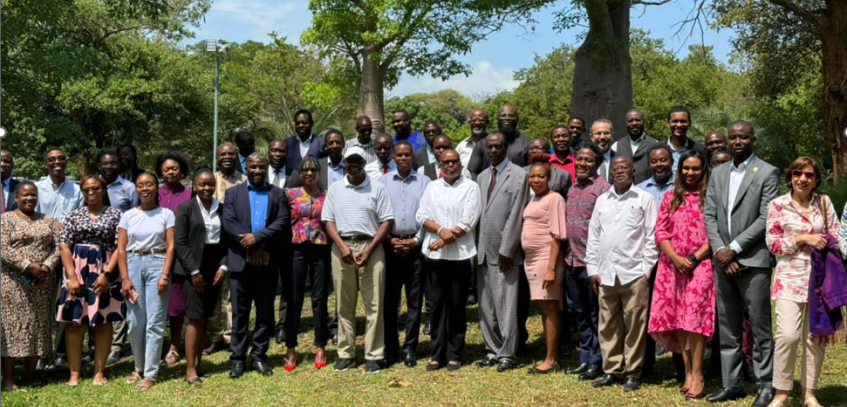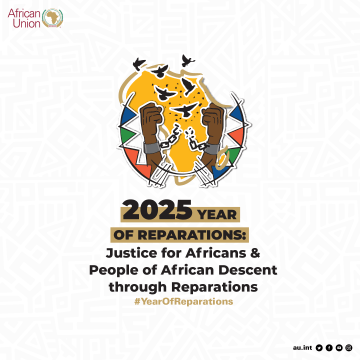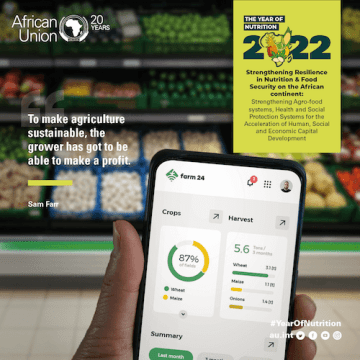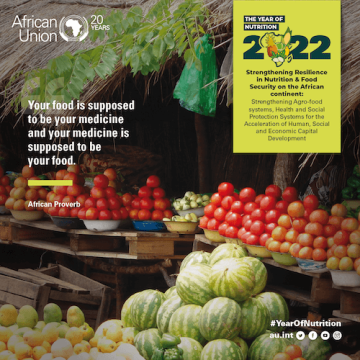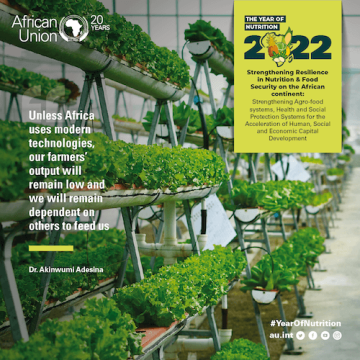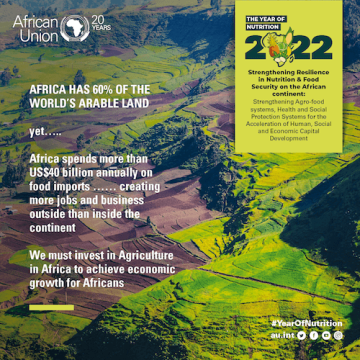Lusaka, Zambia 29 November 2023. Following the inaugural meeting of the second-generation country review mission of the Republic of Zambia, consultations were held with civil society organisations, line ministries and state agencies on Tuesday November 28th and Wednesday November 29th, 2023, respectively. The APRM Country Mission Team was pleased with a stakeholder massive participation representing the driving forces of the Zambian society. The discussions held informed the review mission of key governance challenges, as well as potential key recommendations in order for the Government of Zambia to respond more adequately to the needs of its population.
Participants were clustered according to their organisational objectives and areas of interest. Stakeholders’ engagements with independent APRM experts and members of the continental secretariat were highly interactive and frank. At the end of each day, summaries of the main governance challenges were presented, and recommendations to alleviate these issues were offered by each thematic leader.
With regard to the democracy and political governance thematic, CSOs recommended to be given a stronger voice and platform in order to play their role in society more effectively in ensuring checks and balances in policy formulation and implementation. They also made recommendations with regards to critical reforms pertaining to the electoral law and the adoption of a new constitution. Civil servants also advocated for an improved framework with regards to traditional affairs, as well as land management, whereby the ministry of local government should play a preponderant role in addressing cardinal governance challenges. The audience also proposed creating an independent and autonomous agency for traditional leaders, together with major reforms pertaining to training of the law enforcements agencies, while emphasising the respect human rights and human dignity.
On economic governance and management, CSOs made mention of the devastating impact of public debt which has had a poignant negative effect on government programs, especially for remote communities, and the high reliance of government on copper exports due to the lack of economic diversification of the country, making it the main source of government revenues to undertake their national agenda. Different stakeholders also emphasized the urgent need of government intervention with regards to challenges arising from transfer-pricing, and cross-border trading inter alia.
With respect to corporate governance, CSOs pointed out that the Constituency Development Fund has been a game changer to empower communities at grass root level, however, better sensitisation is critically needed to allow communities to fully take advantage of such financial support from the government. Stakeholder also made mention of promoting entrepreneurial skills in the youth and proposed that such vital skills set, required in today’s global economy, should be included in educational curriculum and programs. Furthermore, it was highlighted that there is a need for an improved skills transfer frameworks to guide foreign investors in undertaking such initiatives.
In terms of broad-based socio-economic development, stakeholders indicated that a land policy as well as a free education were adopted by the current administration, more schools have been built and more teachers hired. In addition, some of the recommendations by discussants were to increase digital literacy among small and medium-sized enterprises to facilitate access to services offered government agencies such as, for example, the Zambia Bureau of Standards, and greater involvement of the private sector in policy formulation is greatly needed.
Lastly, in relation to state resilience to shocks and disasters, the country review mission took of note of government efforts to make provision with regards to disasters and shocks, by also involving local communities and ensuring that disaster reduction systems respond to their needs. However, stakeholders encourage the government of Zambia to implement an effective post-disaster reduction plan.
For further inquiries, please contact us:
About the African Peer Review Mechanism (APRM)
The African Peer Review Mechanism (APRM) is a mutually agreed instrument for member countries to voluntarily self-monitor their compliance with agreed international and continental governance standards. The APRM's vision is to build an Africa that is prosperous, peaceful, democratic, and sustainable. It aims to foster the adoption of policies, standards, and practices that lead to political stability, high economic growth, sustainable development, and accelerated regional and continental economic integration.

